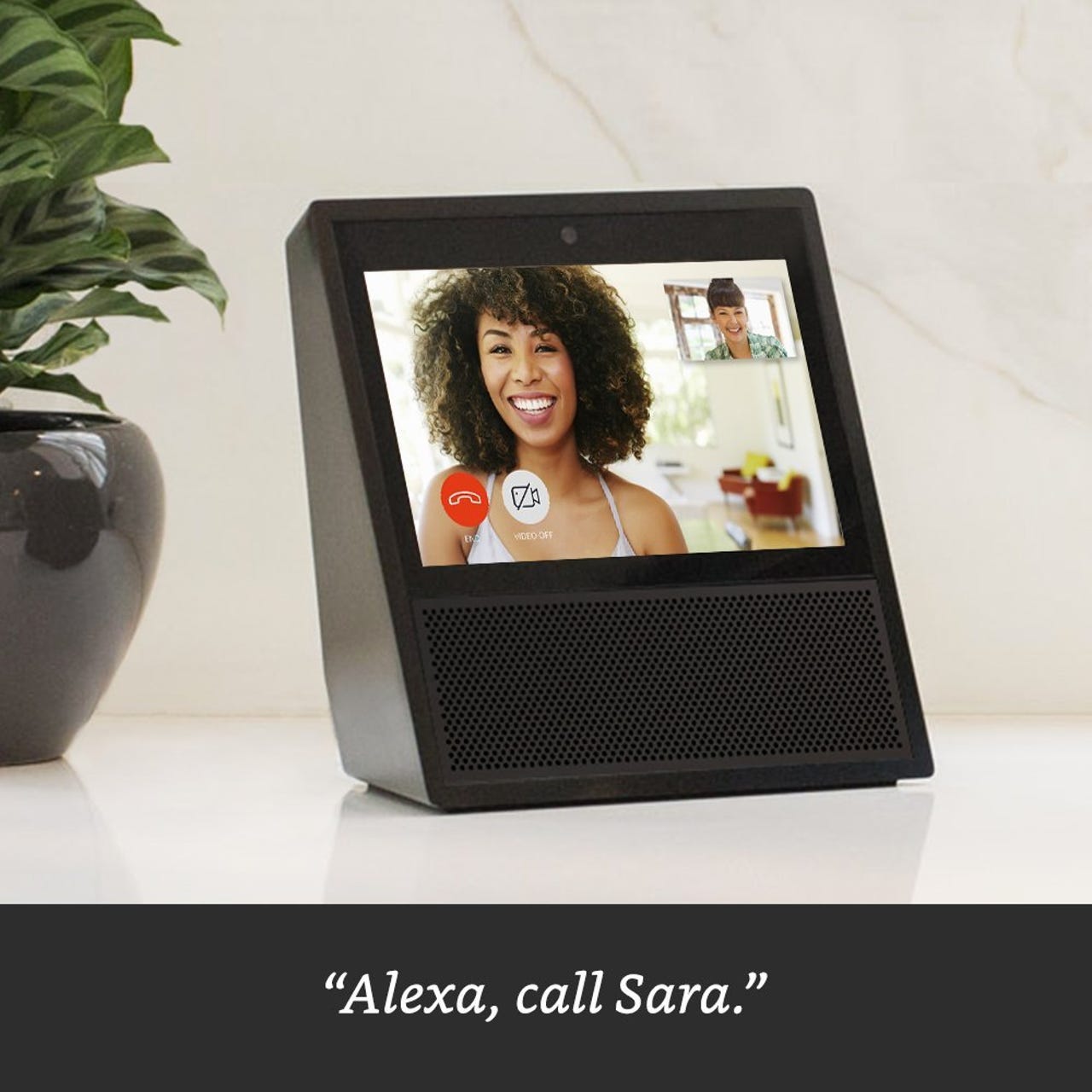Forget Microsoft and Google, Apple's next tech arch-enemy is Amazon


Amazon's rapid expansion of its Echo hardware into the living room, and the rolling out of a calling service between devices presents a real threat to Apple.
Must read: Better, faster, more reliable Wi-Fi in six easy steps
Featured
It seems that Apple always has a tech arch-enemy that it's up against. First, it was Microsoft and the Windows platform, and then it was Google and the Android platform. Now the Cupertino giant is under pressure (and possibly forced onto the back foot) from an entirely different company -- Amazon.
Amazon's been busily building a hardware and software ecosystem for years, starting with the Kindle e-reader, and expanding that out into other devices such as the Fire and Echo. Not everything Amazon has released has been a success -- remember the Fire Phone? -- but the company has been slowly, persistently, and above all, carefully adding devices to its ecosystem for several years.
And many of the devices that Amazon has been adding to its ecosystem have been in the medium to budget segments. Its e-readers start at $60, it has a tablet for $50, same as the Echo Dot, and a FireTV stick is only $40.
For little more than the price of a pair of Apple AirPods, you can kit yourself out with four powerful gadgets that are capable of integrating with a whole raft of entertainment and home automation devices.
Build a high-performance AMD Ryzen 7 PC
And as a backend to many of these devices, Amazon has been working hard on the Alexa voice assistant, allowing users to interact and control many of these devices without touching them. And in my experience of using both Amazon's Alexa and Apple's Siri, Alexa comes out on top for ease of use, accuracy, and in terms of being able to better understand natural conversation (of course opinions vary on this).
So unlike a potential competitor such as Microsoft, which beyond Windows and the PC doesn't have another mass-market consumer ecosystem to speak of, or Google, which doesn't have a widely popular store to promote its hardware through, Amazon is uniquely positioned to be able to being able to use its online store business to not only push, but also subsidize, its hardware and software ecosystem.
Amazon is also in a position where it can exert its power over its competitors by denying them access to its store -- this is why you won't find any Apple TV devices or Google Chromecasts on sale in the Amazon store. While Google, Microsoft, and Apple have their own stores, for many millions, a product not being available on Prime from Amazon may as well not exist.
More Alexa
But while there might be a war raging between Amazon and Apple, one company does not need to defeat the other in order to succeed. After all, Apple didn't need to defeat either Microsoft or Google to get to where it is today, but instead, it just needed to find a way to coexist alongside the competition.
With Microsoft and Google, Apple chose to take the high-priced, premium pathway, and brand its products as pseudo-luxury, thus elevating them above the cut-throat PC OEM competition and the race to the bottom that kicked off in the 1990s.
But this might be difficult when it comes to Amazon because buyers have become more price-sensitive as of late, as indicated by Apple having to release the cut-priced iPhone SE, and slashing the price of the iPad.
In the war with Amazon, Apple's biggest advantage is the massive hardware and software ecosystem it has built -- Macs, iPhones, iPads, macOS, iOS, the associated app stores, Siri, and, quite possibly the most important, all the data and settings that end users have put into these platforms. No matter how compelling Amazon can make the Echo ecosystem, and no matter how many awesome devices or compelling features it pushes out, it's hard to see people dumping their iPhones and Macs and switching to Kindle tablets, and Echo devices.
But the flipside is that Amazon's proliferation of cheap devices is putting a dent in Apple's growth.
But with Mac sales flat-lining, iPad sales in free-fall, and iPhone future growth in doubt, Amazon's aggressive move into a home hub device puts pressure on the Apple TV, as well as making it more difficult for Apple to release a similar device in the future (which right now is rumored to happen sooner rather than later, as possibly as soon as the summer, and perhaps even as early as WWDC 2017).
Sometimes being first doesn't matter, but the company who gets in first can set the price, and given that Amazon can low-ball Apple on everything, whatever Apple brings out is going to come with a fairly hefty dose of sticker-shock.
The advantage goes to Amazon.
iOS 10.3: 'Power User' tips and tricks
See also: